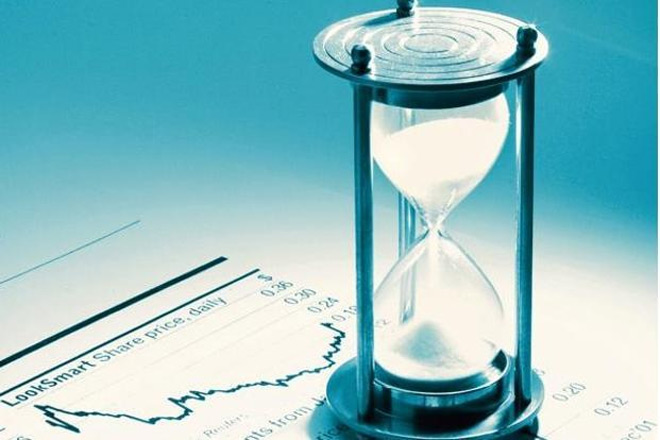
Elon Musk, CEO of Tesla Motors, has become infamous for his controversial tweets. His most recent target was short sellers. Musk tweeted saying short selling should be made illegal because it causes negative pressure on GDP and can incentivise fraudulent behaviour by investors and regulators.
Musk's dislike for short sellers is not new. Many believe that his tweets in August about taking Tesla private were an attempt to impact short sellers by causing the company's stocks to spike in value. It certainly worked. Tesla's shares jumped 11% following the announcement, which resulted in short sellers losing $1.3 billion overnight.
So what is short selling and why did it attract the ire of the Tesla CEO?
How does it work
A short seller is a trader who believes that a stock will fall. He borrows stocks (via the clearing corporation of an exchange) and sells them hoping to buy back at a lower price, returning the stocks to the lender and keeping the profit. In India, short selling in the cash market can only be held on an intra-day basis. In the futures and options market, it can be held for longer.
According to Sebi's revised guidelines, retail and institutional investors can participate in short selling. Exchanges facilitate such transactions, which means if you want to dabble in it, you will need to access a broker.
High return, high risk
While there is a promise of high returns in short selling, the degree of risk is also high. If you trade in shares, you can only lose the amount you have invested. So if you bought 100 shares of a certain company at Rs50 each, you stand to lose a maximum of Rs5,000, if the share price falls to nil. However, in case of short selling, the amount of losses you can make is technically infinite since the share price of the given company can rise to any amount and you have borrowed the shares rather than owning them. Since the loss of a company and its shareholders is the short sellers' gain, the latter have long been seen as villains who want to destroy companies, a view shared by Musk. However, the truth is that short selling gives much-needed liquidity to the markets by keeping the valuation of stocks in check. The caveat here is that there are many malpractices associated with short selling. Short sellers often resort to illegal measures like rumour mongering and forcing down the price of a stock, which can be damaging as they cause stocks to plummet. So maybe Musk's bias is not entirely unfounded.
